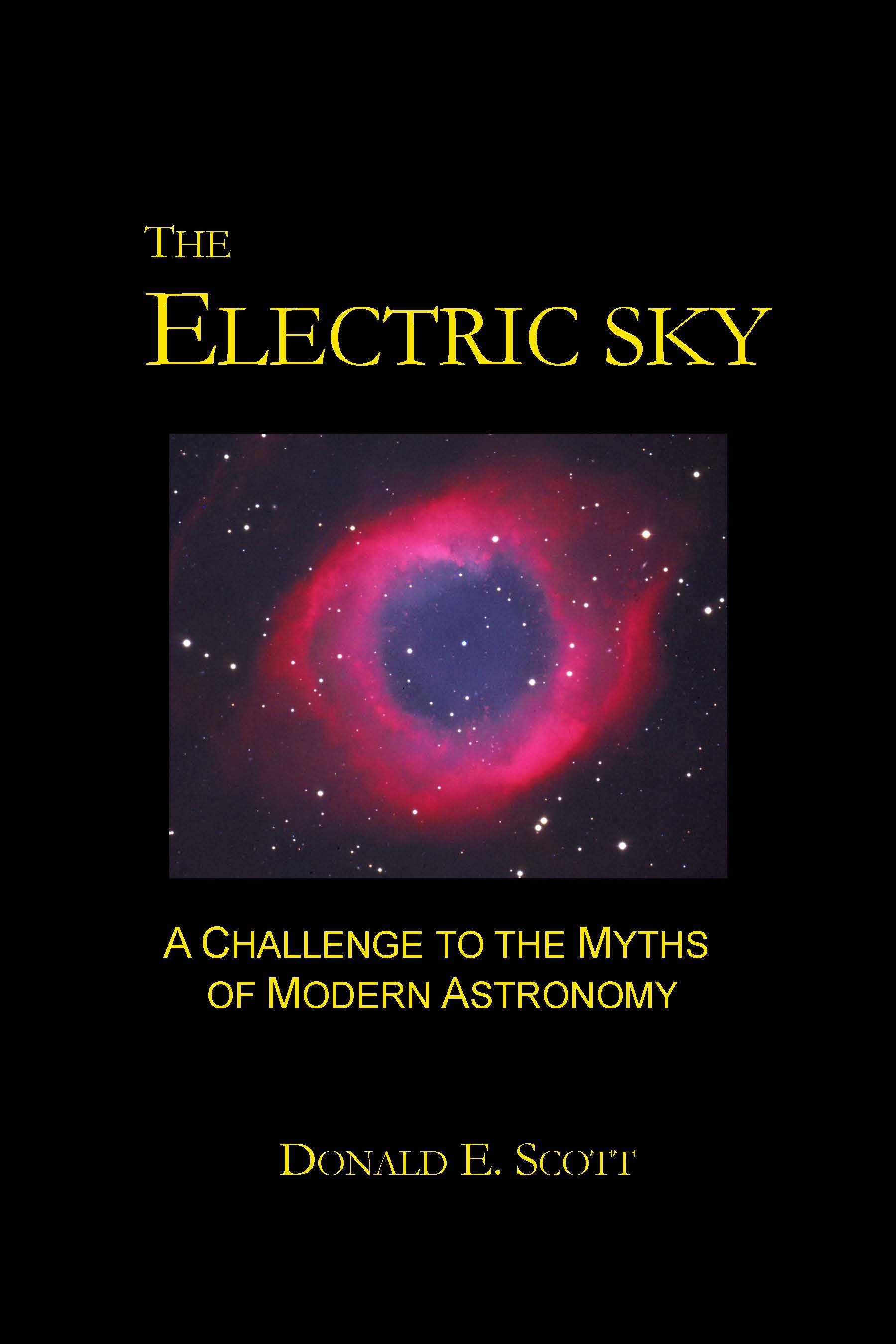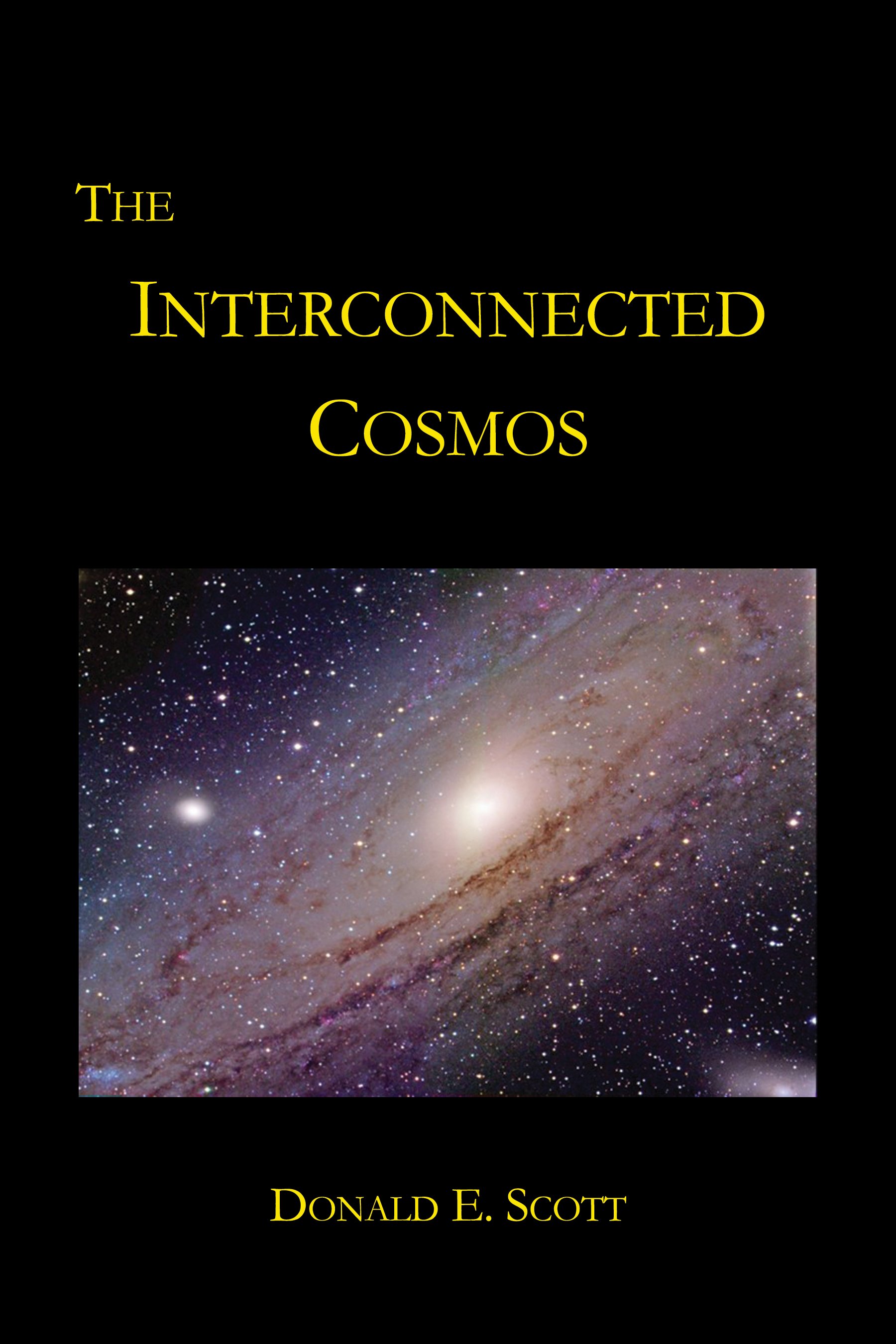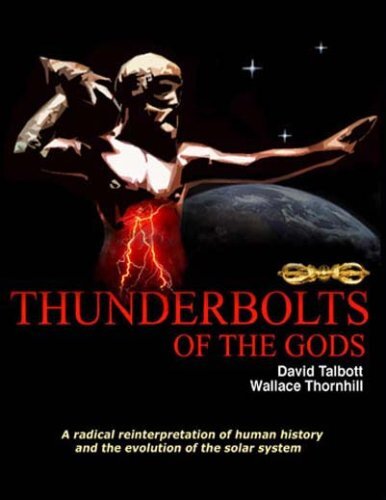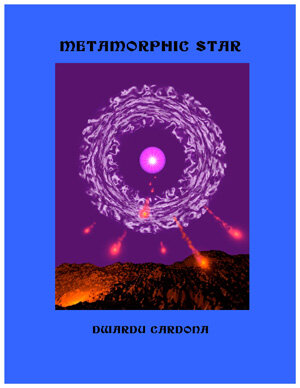Toward a Real Cosmology in the 21st Century
Wallace W. Thornhill
2011
Abstract:
A real cosmology must be a broad and coherent natural philosophy. It may always be incomplete, based on our
limitations, but to be valid there can be no exceptions in our experience. In particular, cosmology must address issues of
life and the human condition. Therefore it must be a truly interdisciplinary pursuit. Modern specialized science is a hostile
environment for such a quest. For example, the world’s largest professional body, the Institute for Electrical and
Electronic Engineers (IEEE), recognizes plasma cosmology while it remains unheard of by students of astronomy. Plasma
cosmology receives no publicity although it deals empirically with the electromagnetic behavior of plasma, which
constitutes almost the entire visible universe. Unlike theoretical big bang cosmology, plasma cosmology can claim
successful predictions without recourse to hypothetical matter, energies and forces. However, despite its many successes,
plasma cosmology cannot claim to be the final answer because it does not deal with unsolved problems in basic and stellar
physics. The new Electric Universe cosmology addresses those fundamental problems and in doing so offers a
breakthrough in understanding of ourselves and our place in the universe. It provides practical insights for broad scientific
progress and space exploration. The Electric Universe is a convergent, interdisciplinary cosmology that attempts, in the
words of E. O. Wilson, “consilience,” or “the unity of knowledge.”
Wallace W. Thornhill
2011
Abstract:
A real cosmology must be a broad and coherent natural philosophy. It may always be incomplete, based on our
limitations, but to be valid there can be no exceptions in our experience. In particular, cosmology must address issues of
life and the human condition. Therefore it must be a truly interdisciplinary pursuit. Modern specialized science is a hostile
environment for such a quest. For example, the world’s largest professional body, the Institute for Electrical and
Electronic Engineers (IEEE), recognizes plasma cosmology while it remains unheard of by students of astronomy. Plasma
cosmology receives no publicity although it deals empirically with the electromagnetic behavior of plasma, which
constitutes almost the entire visible universe. Unlike theoretical big bang cosmology, plasma cosmology can claim
successful predictions without recourse to hypothetical matter, energies and forces. However, despite its many successes,
plasma cosmology cannot claim to be the final answer because it does not deal with unsolved problems in basic and stellar
physics. The new Electric Universe cosmology addresses those fundamental problems and in doing so offers a
breakthrough in understanding of ourselves and our place in the universe. It provides practical insights for broad scientific
progress and space exploration. The Electric Universe is a convergent, interdisciplinary cosmology that attempts, in the
words of E. O. Wilson, “consilience,” or “the unity of knowledge.”
Wallace W. Thornhill
2011
Abstract:
A real cosmology must be a broad and coherent natural philosophy. It may always be incomplete, based on our
limitations, but to be valid there can be no exceptions in our experience. In particular, cosmology must address issues of
life and the human condition. Therefore it must be a truly interdisciplinary pursuit. Modern specialized science is a hostile
environment for such a quest. For example, the world’s largest professional body, the Institute for Electrical and
Electronic Engineers (IEEE), recognizes plasma cosmology while it remains unheard of by students of astronomy. Plasma
cosmology receives no publicity although it deals empirically with the electromagnetic behavior of plasma, which
constitutes almost the entire visible universe. Unlike theoretical big bang cosmology, plasma cosmology can claim
successful predictions without recourse to hypothetical matter, energies and forces. However, despite its many successes,
plasma cosmology cannot claim to be the final answer because it does not deal with unsolved problems in basic and stellar
physics. The new Electric Universe cosmology addresses those fundamental problems and in doing so offers a
breakthrough in understanding of ourselves and our place in the universe. It provides practical insights for broad scientific
progress and space exploration. The Electric Universe is a convergent, interdisciplinary cosmology that attempts, in the
words of E. O. Wilson, “consilience,” or “the unity of knowledge.”







